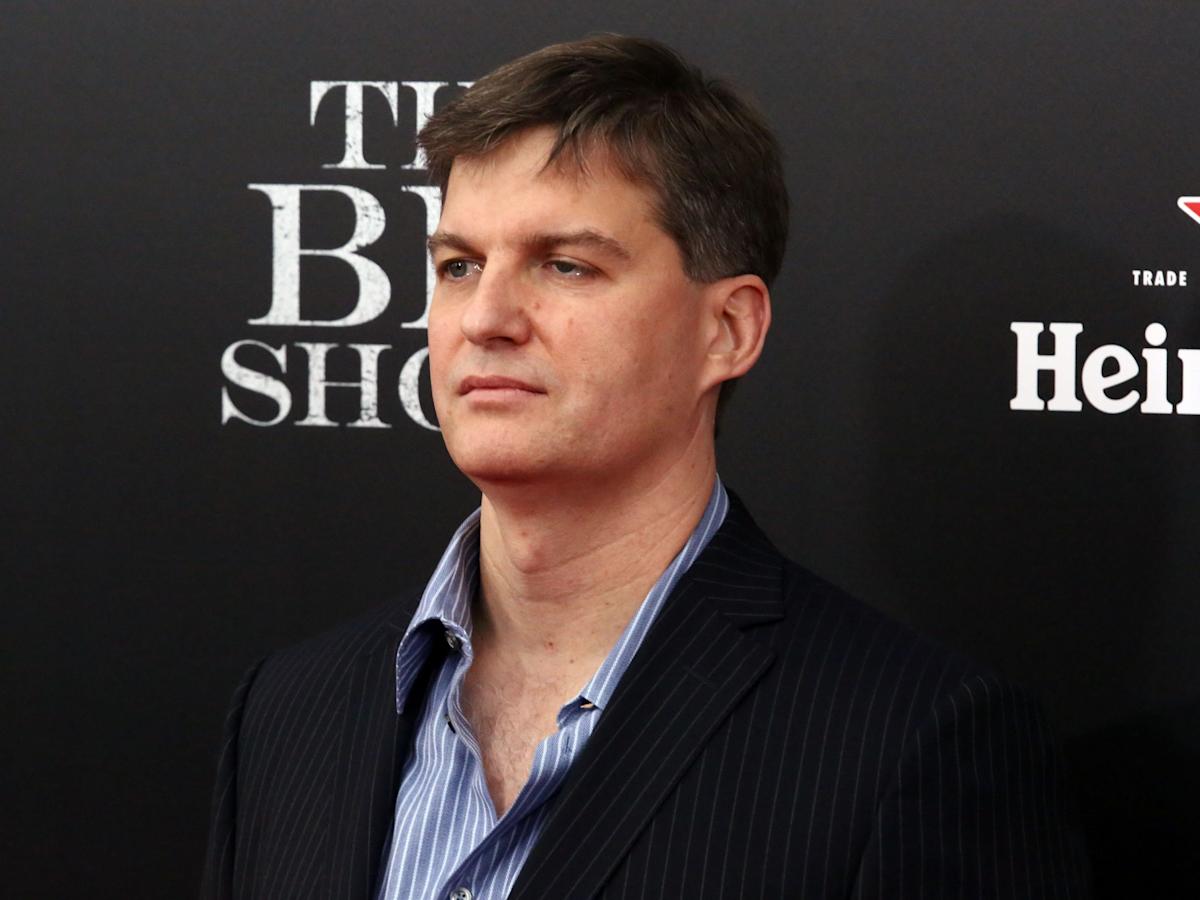Unpacking the curious love affair between everyday traders and Michael Burry
If done right, scarcity can be one of the most valuable tools in a famous person’s toolkit.
Actor Daniel Day-Lewis famously is only in a movie every several years, and basically every time he is, he gets a Best Actor nomination at the Oscars. Electronic-dance duo Daft Punk has slowed its output to a trickle, releasing just two albums in the last 20 years, the last one 12 years ago. That’s only built their mystique as industry legends.
Investor Michael Burry is the finance version of this.
He skyrocketed to fame during the 2008 financial crisis by making an absolute killing shorting the mortgage market. His efforts ended up being immortalized in “The Big Short,” and his legend was further cemented when Christian Bale portrayed him in the movie version.
Since then, his contributions to financial discourse have been scattered at best. But on the rare occasions that he pops up with thoughts and ideas, he has a rapt audience, largely due to his scarcity.
The usual routine with Burry has played out again over the past couple weeks. He paired a new series of typically cryptic social-media posts about a possible AI bubble with fresh short positions in industry leaders Nvidia and Palantir. The latest development was him deregistering his firm from the SEC. The retail-investing world responded with its usual interest and fervor.
The outsized response is surprising, considering Burry is a famous short-seller, and retail investors despise short-sellers. Their rebellion against hedge funds with enormous short positions was what sparked the meme-stock frenzy in 2021 that sent GameStop to the moon.
One main reason is that he’s viewed as a folk hero of sorts for profiting — and becoming extravagantly wealthy — off the misfortunes of big Wall Street banks, whose toxic mortgage securities went belly up. Retail traders love the notion of sticking it to the man, as they’ve shown repeatedly during various meme-stock short squeezes.
He also appeals to day traders because his status quo is to go against the grain. Everyday investors view themselves with that mentality, since a big part of their approach is finding opportunities ignored by the Wall Street elite.
There’s also the fact that his messaging is highly unconventional. He posts Star Wars memes, is quick to pull down X posts, and sometimes even deletes his entire account. This all endears him to the day-traders who follow his every move.



Leave a Comment
Your email address will not be published. Required fields are marked *